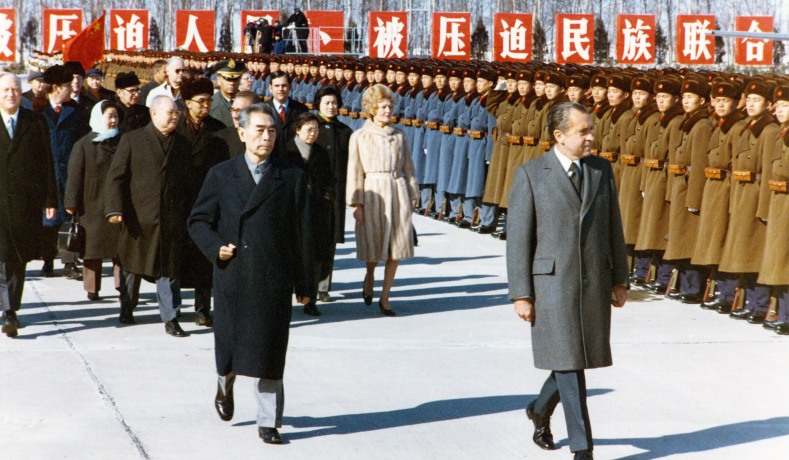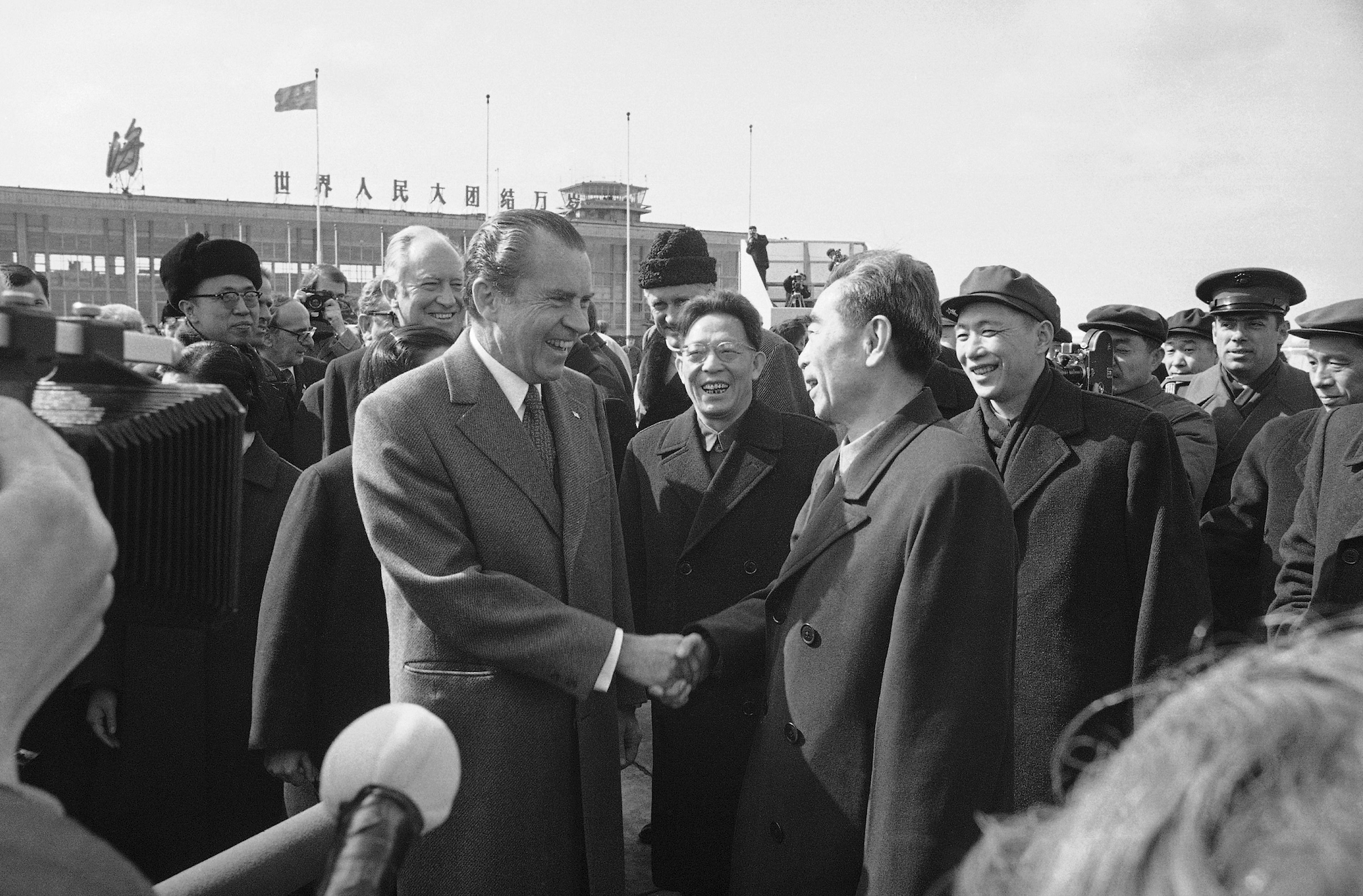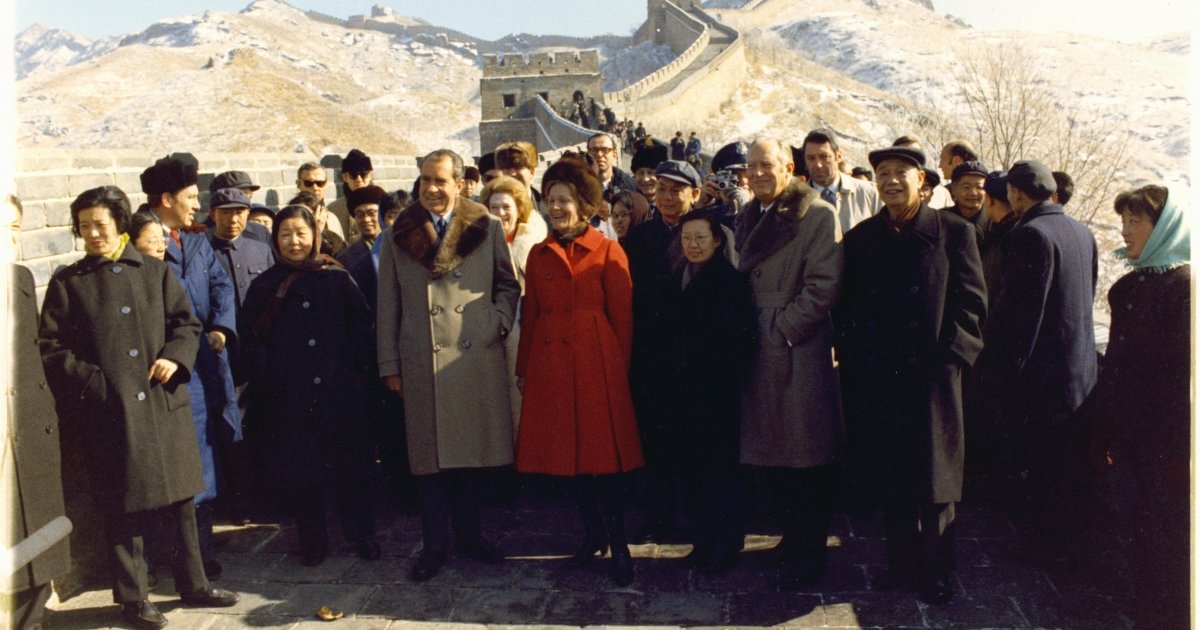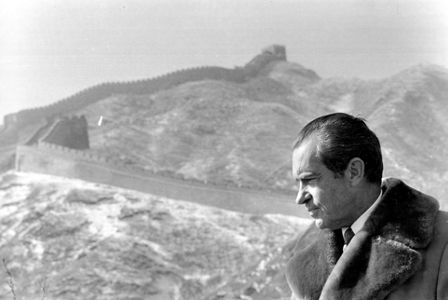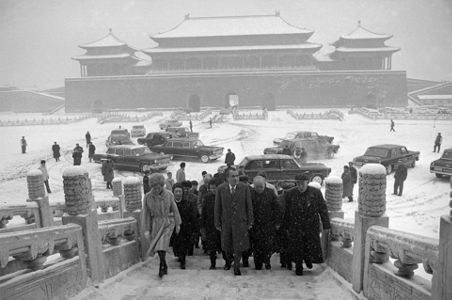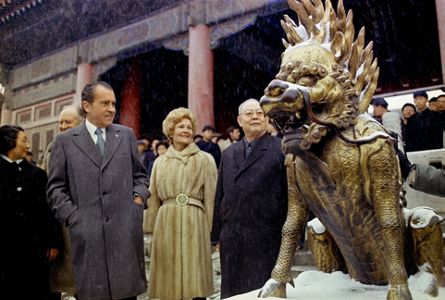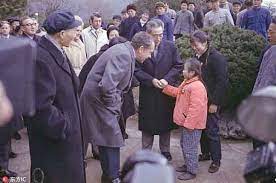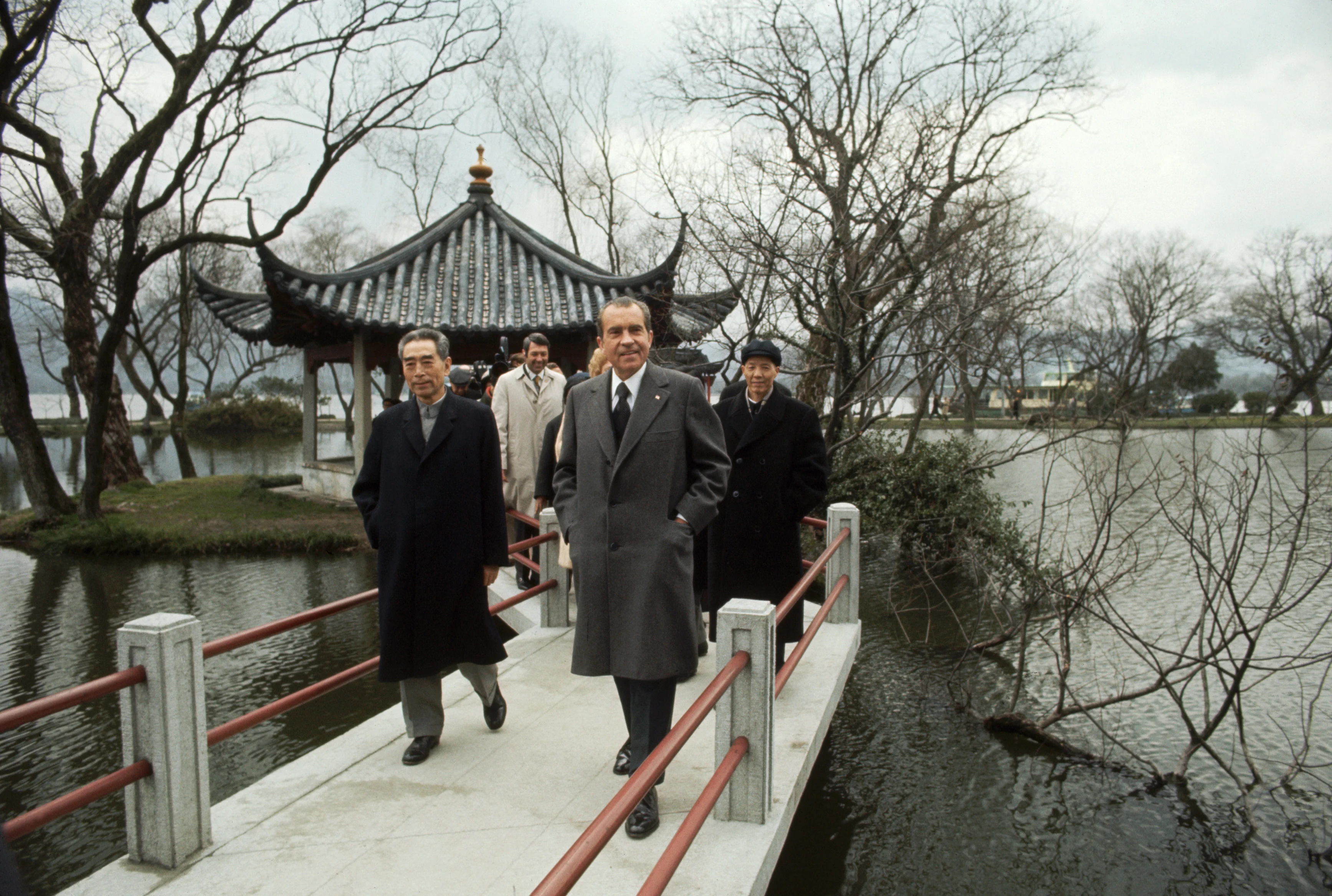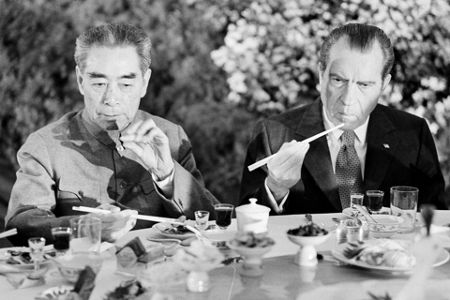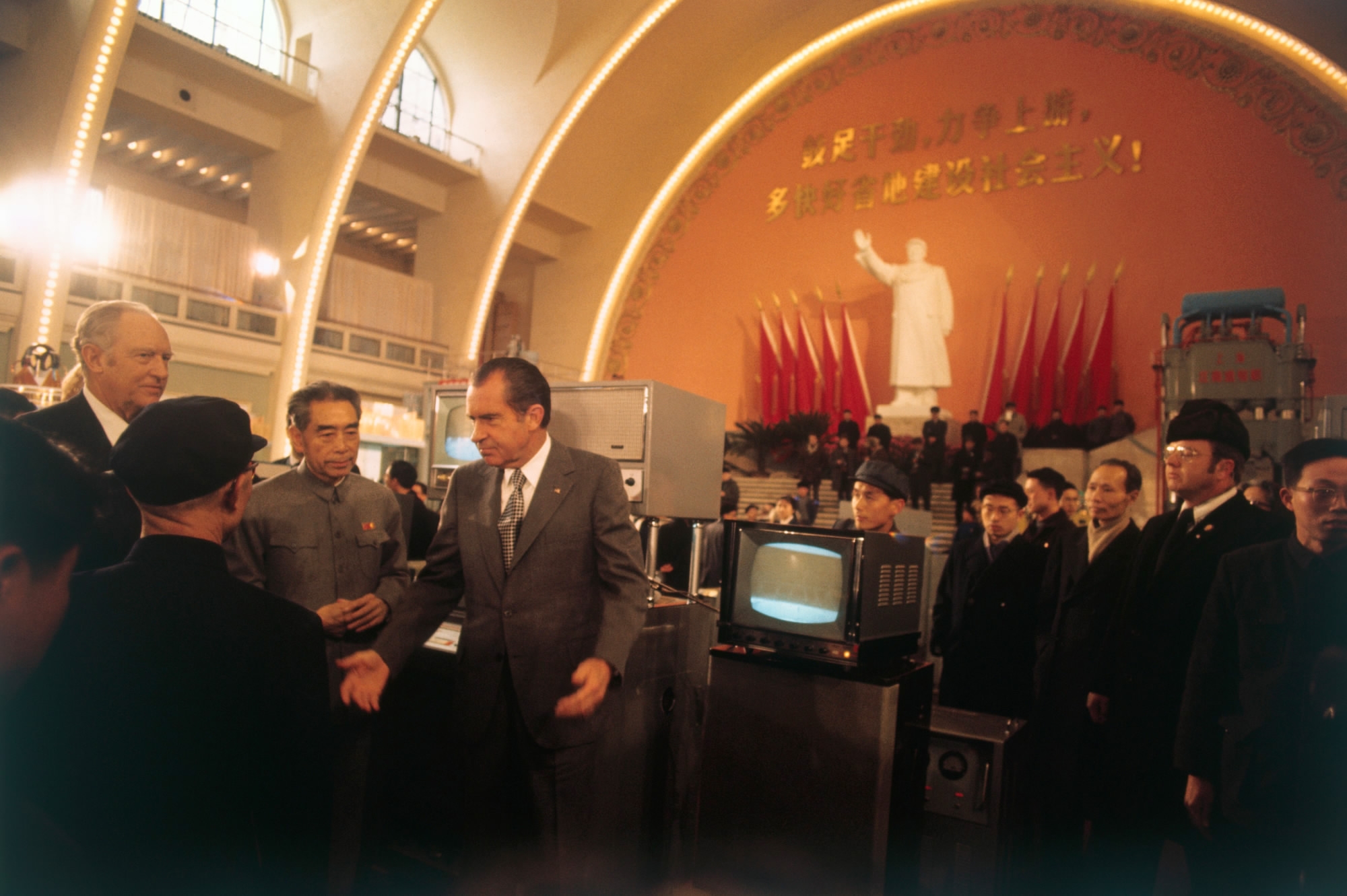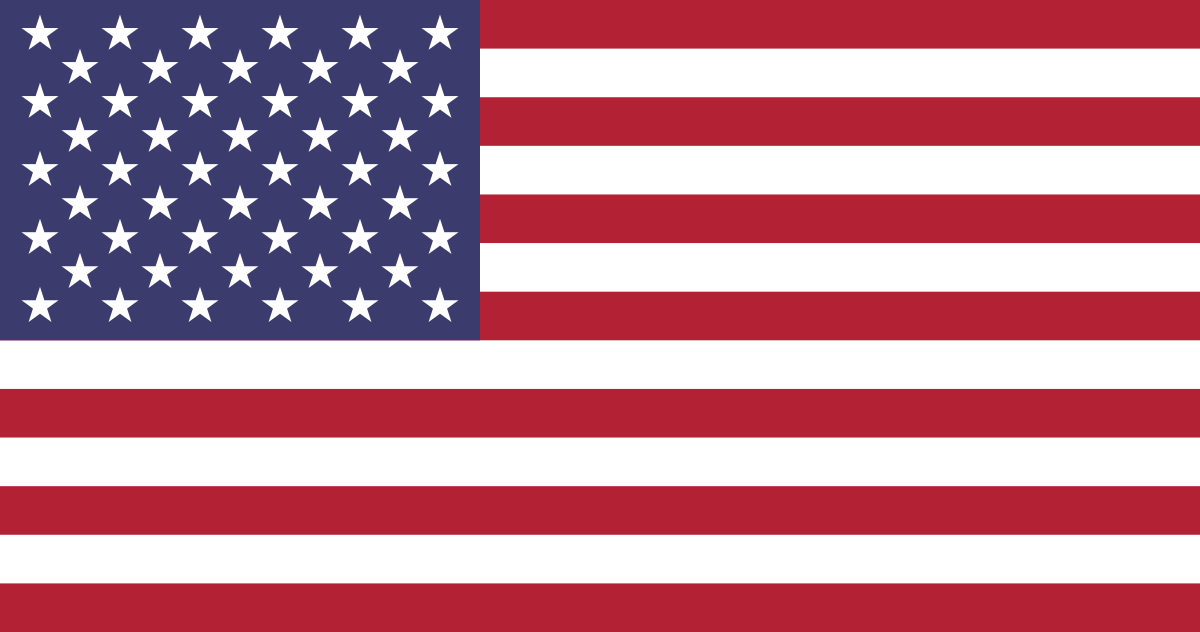

Ping Pong Diplomacy:
A Rally For U.S.- China Relations
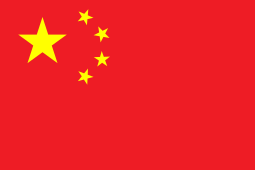
The Week That Changed the World
“Our announcement will shake the world”
~Zhou 周恩来, 1972
On July 15, from Los Angeles and Beijing, Kissinger's secret trip and a Presidential invitation were both made public.
Nixon Announces China Visit. Source: AP
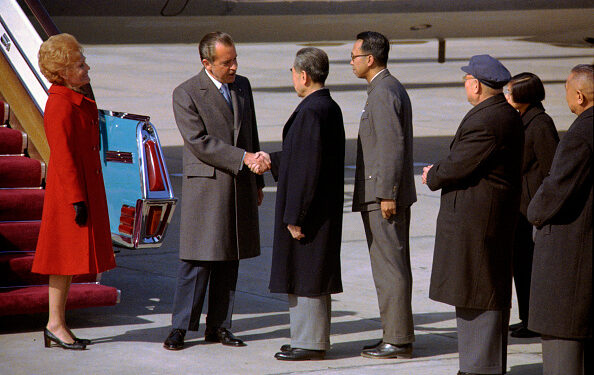
Nixon-Zhou Handshake. Source: CBR
On February 21, 1972, Nixon stepped off Air Force One, was greeted by Zhou, and proceeded to meet with Mao.
“From the outset, Mao abjured any intention to conduct either a philosophical or strategic dialogue with Nixon”
“Second, Mao wanted to convey that Nixon was a welcome visitor. The photograph had taken care of that”
“Third, Mao was eager to remove any threat from China to the United States”
“Fourth, Mao wanted to convey that he had encountered a challenge in pursuing the opening to America but that he had overcome it”
“Fifth, Mao favored accelerated bilateral cooperation and urged technical talks on the subject”
“Sixth, he stressed his personal goodwill to Nixon, both personally and politically because he said he preferred dealing with right-wing governments on the grounds that they were more reliable."
~Henry Kissinger, On China
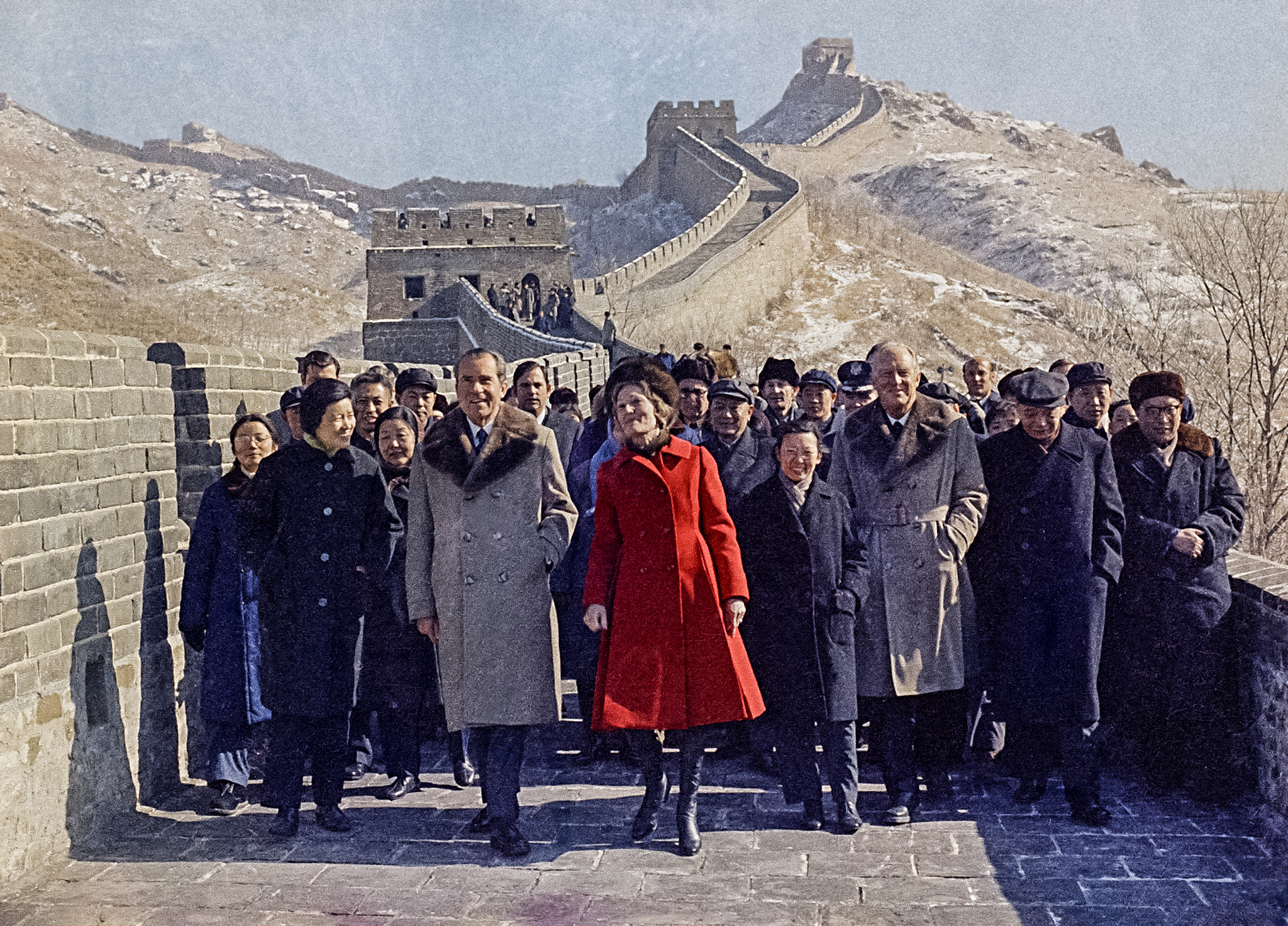
Nixons visiting Great Wall. Source: The Guardian
After the first meeting with Mao, the two sides engaged in five days of dialogue, banquets, and sightseeing trips.
“When the Premier arrived, our handshake was a symbolic gesture…since Secretary of State John Foster Dulles had refused to shake hands with Zhou at the Geneva Conference.”
~Henry Kissinger, On China
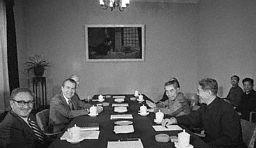
Shanghai Communique. Source: Taiwan Documents Project
On February 27, The U.S. and China issued the Shanghai Communique.
